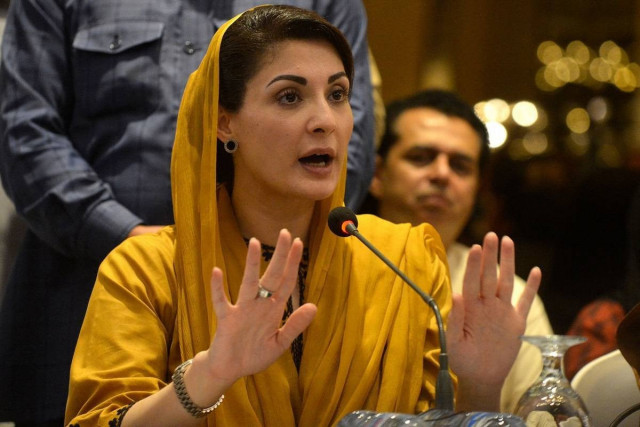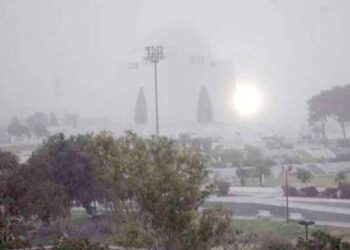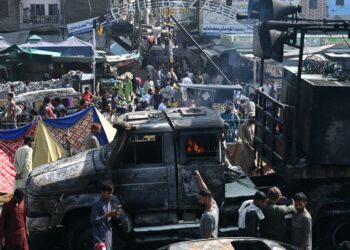Punjab Chief Minister Maryam Nawaz has announced that the development of small cities remains her government’s top priority, adding that 1,500 green buses will be operational across the province by December this year.
Addressing the inauguration ceremony of the electric bus project in Pakpattan, Maryam Nawaz said the “Clean Punjab Program” has exceeded her expectations, with revolutionary projects underway across the province to improve sanitation, sewerage, clean water, and public transport.
She noted that Pakpattan now appears greener and cleaner than ever before and emphasized that smaller cities are being developed to match the standards of major urban centers. “My focus is primarily on small towns, as their residents deserve these facilities the most,” she stated.
Maryam Nawaz revealed that 35,000 cleaning machines have already been procured under the Clean Punjab initiative, ensuring uninterrupted cleanliness operations across all districts. She highlighted that the new electric buses are equipped with air-conditioning, free Wi-Fi, and separate seating for women to ensure safety and comfort during travel.
The Chief Minister explained that public transport was previously limited to Lahore, Rawalpindi, Multan, and Bahawalpur, but now 1,100 new green buses will operate in every city of Punjab, offering citizens affordable travel at just Rs 20 per ride. By December, 1,500 buses will be on the roads, and an additional 500 will be launched by April and May next year.
She directed district officers to establish well-equipped bus stops across all routes within three months to provide passengers with proper waiting areas.
Under the Punjab Development Plan, Maryam said new sewerage lines and underground water storage systems are being constructed to prevent urban flooding. WASA operations have now expanded to 25 cities, ensuring rainwater drainage within hours.
Discussing rural development, she shared that 25-kilometer-long roads are being built in every village, with 20,000 kilometers completed last year. The plan aims to further expand road connectivity between rural and urban areas.
Talking about the “Apni Chhat Apna Ghar” housing scheme, Maryam Nawaz said 90,000 houses are currently under construction, and between 500,000 to 700,000 families will receive homes within the next five years. Moreover, 1.4 million families have already been issued ration cards providing Rs 3,000 monthly assistance.
On healthcare, the Chief Minister said a modern cath lab has been established at the Sahiwal Cardiology Center, while advanced treatment facilities are being developed in Sargodha. She added that the world’s largest cancer hospital with 1,000 beds in Lahore is nearing completion.
Maryam Nawaz announced that all underprivileged patients across Punjab will receive free treatment, with Rs 5 billion allocated for the initiative. Advanced equipment is also being imported for cancer hospitals in Rawalpindi, Multan, and the Nawaz Sharif Cancer Institute.
Appreciating the Crime Control Department, she noted that 25 districts in Punjab have become “zero-crime zones,” allowing women and children to move freely and safely.
She added that under the Kisan Card program, interest-free loans of up to Rs 150,000 per crop are being provided, along with a historic subsidy plan on fertilizers. All public welfare initiatives — including Clean Punjab, Safe Water, Kisan Card, and Tractor Scheme — are being implemented across the province without discrimination.
Regarding flood relief efforts, the Chief Minister said the government rescued 2.5 million people and 2 million livestock during the devastating floods, while over 1.2 million victims were provided with medical aid and treatment.
In her concluding remarks, Maryam Nawaz criticized political opponents, saying those attempting to divide “N, M, and Sh” should remember that the group stands united like a solid wall — and such divisive forces will face failure once again.





















